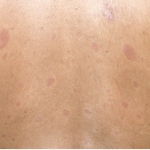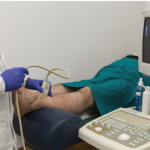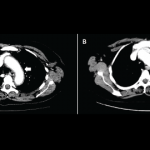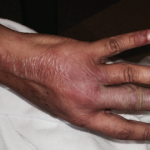The first clinical practice guidelines for Sjögren’s syndrome have been released, the culmination of an initiative by the Sjögren’s Syndrome Foundation.1 These standard-of-care recommendations are intended to provide consistency in practice patterns, inform coverage and reimbursement policies, lead to the design and implementation of educational programs, highlight the needs for future research and fill a…









